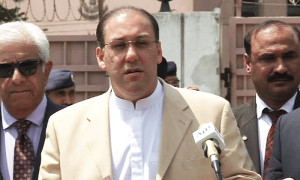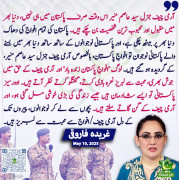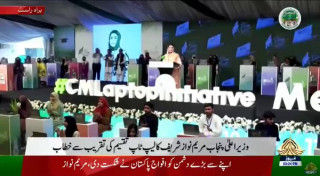mithyaa
MPA (400+ posts)
[hilar][hilar][hilar][hilar][hilar] ...Miyan Mithu ...Kub seekhay ga tu ?? (bigsmile)
I told you a thousand times not to get stressed over issues facing India. We know that not having toilets causes serious concerns... Why talk about any other disease when most of the Indians are dieing from FILTH and Unhygienic conditions ??
Many diseases are spreading because of your dumb negligence :
http://zeenews.india.com/blog/india-s-open-toilet-crisis_322.html
What good is a Double growth rate when you are loosing jobs and your minister for employment is urging Saudis to not employ saudi people ?? ....Like are you dumb ??? (bigsmile)
Economy is growing then why is your budget deficit growing ??
Why arent you building more toilets ???[hilar][hilar]
F1 racing where the stink of **** is in the air. We know how big the commonwealth game disaster was ...shame on you for that !
Pakistan is way better in ratio's due to natural causes not due to female infanticide ...we dont have issues such as Sati, dev dasi, joghini and Banaras and God knows everything other kind of filth where wife is "rented" or "shared" ....shame on you for coming up here and sounding as dumb as you are [hilar][hilar]
Excuses. excuses. Numbers point to the fact that Pakistan is in a mess, yes it ranks among the top failed states.
http://www.foreignpolicy.com/articles/2012/06/18/whats_wrong_with_pakistan
http://tribune.com.pk/story/193321/pakistan-ranks-12th-on-failed-states-index-report/
http://dawn.com/2013/02/21/pakistan...ate-if-current-circumstances-persist-shahbaz/
http://www.sfgate.com/opinion/brinkley/article/Pakistan-a-failed-state-on-a-tinderbox-4224701.php

































